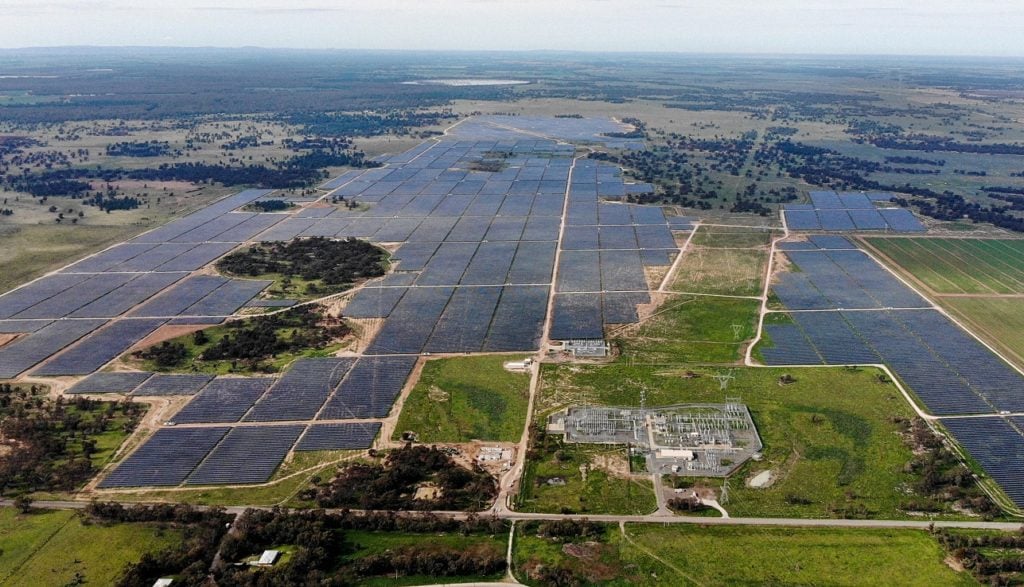
The Clean Energy Council (CEC) of Australia and the New South Wales anti-slavery commissioner James Cockayne have partnered to produce a new Code of Practise to manage the risks of modern slavery exposure in renewable energy supply chains.
For the solar PV industry, most of the concern is around the production of metallurgical grade silicon (MGS) and polysilicon, which is the most opaque and geographically concentrated portion of the solar supply chain. Last year the US detained 2GW worth of solar PV modules at its customs border on the basis that they were suspected – and could not prove otherwise – of containing materials produced using forced labour.
Try Premium for just $1
- Full premium access for the first month at only $1
- Converts to an annual rate after 30 days unless cancelled
- Cancel anytime during the trial period
Premium Benefits
- Expert industry analysis and interviews
- Digital access to PV Tech Power journal
- Exclusive event discounts
Or get the full Premium subscription right away
Or continue reading this article for free
A draft of the new code will be published in December 2023 following collaboration with industry, government, civil society, unions, members of the public and law firm Norton Rose Fullbright, which will support the CEC and the commissioner. There will then be a period for public commentary on the draft before it is expected to be finalised in March 2024.
Commissioner Cockayne will issue the order through his statutory power under the NSW Modern Slavery Act 2018.
“The transition to renewable energy must be a Just Transition”, said Cockayne, “slavery cannot be the price of decarbonisation.”
The announcement also mentioned concerns over the sourcing of Cobalt, used in lithium-ion batteries.
This week, US cadmium telluride thin film manufacturer First Solar revealed unethical labour practices at its Malaysia manufacturing facility. Via a third-party auditor, the company disclosed that four of its ‘onsite service providers’ had subjected foreign migrant workers to unethical recruitment, including worker-paid recruitment fees, unlawful retention of wages, passport retention and other practices.
As a CadTel thin film manufacturer, First Solar is removed from the silicon supply chain that has raised larger ethical questions for silicon solar manufacturers.
Today the CEC also released its Pledge Against Modern Slavery, declaring its commitment and corporate responsibility to respect human rights. The document lists the companies that have signed up to the pledge; only two significant solar manufacturers – Canadian Solar and REC Group– have aligned themselves with the document.
A report from Sheffield Hallam University and the Helena Kennedy Centre for International Justice released earlier this month alleges that many of the world’s largest solar manufacturers are insufficiently transparent about their MGS and polysilicon sources to be able to rule out forced labour from their supply chains. The report points out that many manufacturers have ‘bifurcated’ their supply chains, operating one stream that complies with the US’ Uyghur Forced Labor Prevention Act and another that is allegedly less stringently documented.
“Without clarity on how to effectively manage modern slavery risks in renewable energy value-chains, both people and investments in renewable energy infrastructure may be at risk,” said Cockayne. “We aim to produce a Code of Practice that offers protections and greater certainty to taxpayers, investors, renewable energy companies, and workers.”






